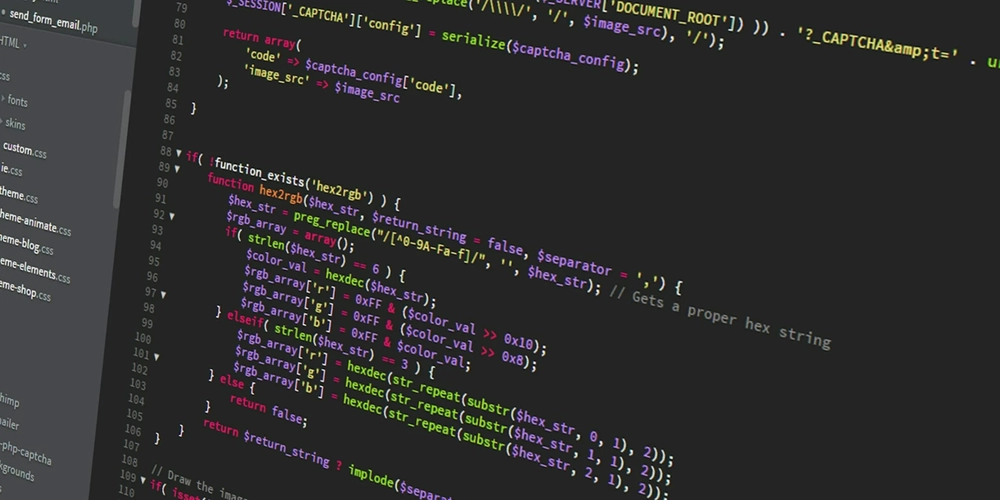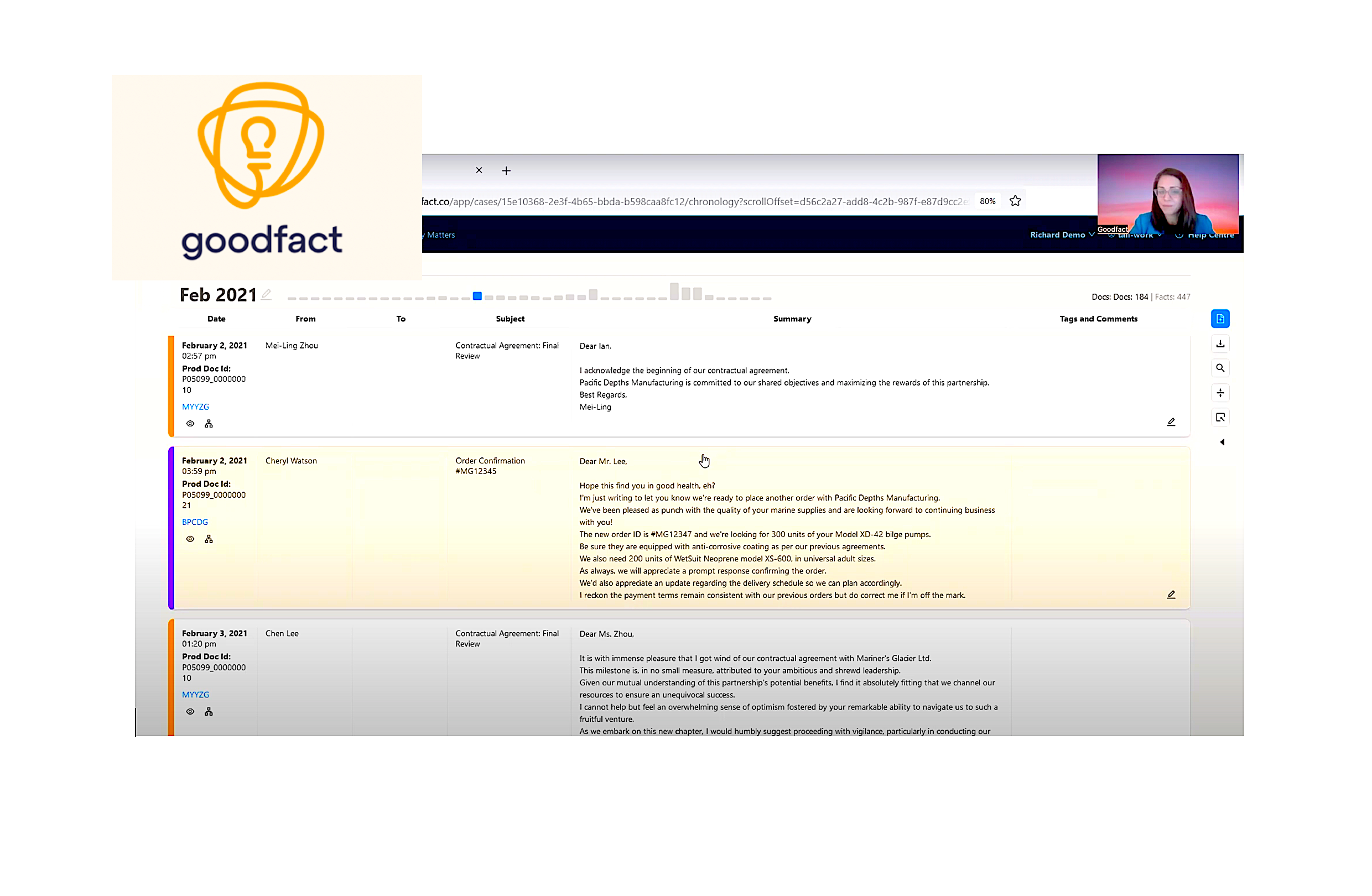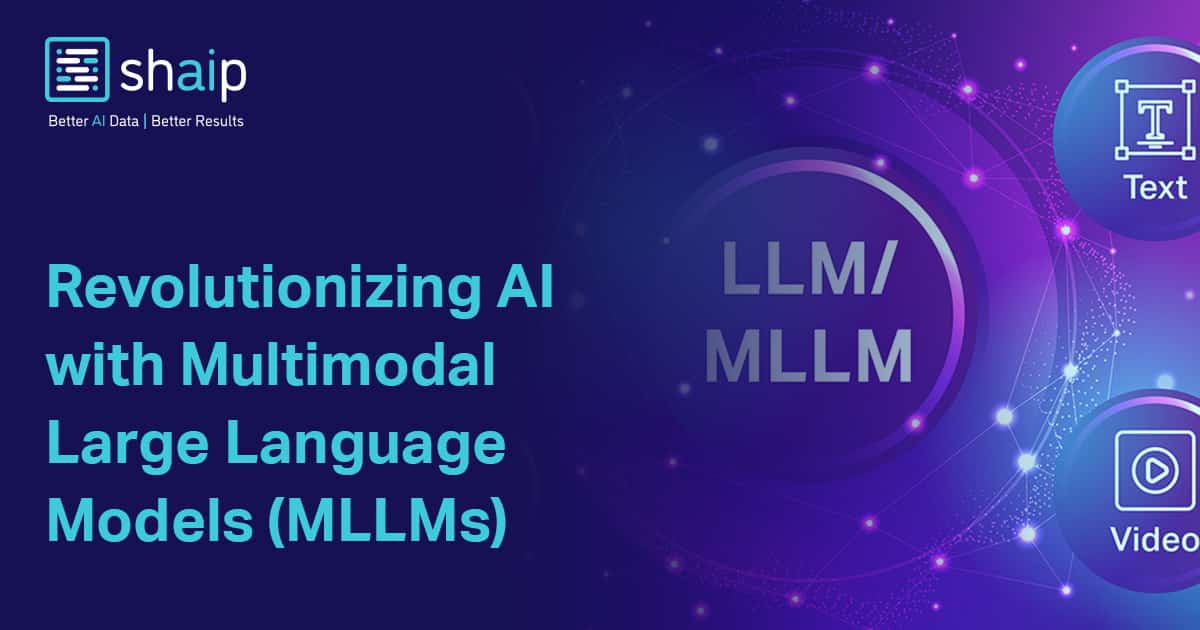Programming Is Easy… Until It’s Not: The Truth About the programming Mindset
Programming is hard. Crazy, right? But there are some people, mainly beginners, who think it's easy. I think it's because of the "day in the life" videos that mainly show them working one hour and then eating lunch for another seven hours, or influencers who are like, "Learn these technologies and get a six-figure job in three to six months. Yippee!" The Reality of Programming Surprisingly, programming, in terms of writing code itself, is the easy part. Programming at its surface seems like a straightforward task, right? Write some code that computers understand. However, the reality is far more complex because programming involves logical thinking, problem-solving, and a deep understanding of both the problem you're solving and the tools you're using. Programming Is Not Coding So, what I'm trying to say in a smooth-brain way: programming is not coding. What a lot of times people are missing is an essential part of programming: the mindset—thinking like a developer. This is the part that makes programming difficult for everybody, especially beginners. It's not the coding part but the mindset. It's one thing saying, "Just go learn some JavaScript; it's going to be easy. Learn it in like a week, bro." But what they don't mention is all the imposter syndrome, all the late-night coding sessions, and all the times you just feel stupid, like programming is not for you. Why Programming Mindset Matters That's never brought up, and I think it's because it's something that tutorials and books can't teach. You have to experience that yourself. Let me expand more on this whole developer mindset thing and give you some tips to help you develop this mindset faster. Understanding the Basics: Cooking Analogy Imagine learning to cook by only memorizing recipes. You might know that to make a cake, you need flour, sugar, eggs, and butter. Following the recipe, you can bake a pretty decent cake. But what if you're missing an ingredient or added the wrong amount of an ingredient? Or someone asks you to bake something else because they hate cake? If you've only memorized recipes, you might be at a loss because you understand the steps but not the principles behind them. It's like learning a programming language without knowing how it really works. Learning the Coding Principles Knowing a language like Python or JavaScript is like memorizing a recipe. Sure, it's important, but it's not the whole story. You can memorize all the syntax, but the bigger question is: do you know how to use the syntax? A Simple Example Let's say you've learned how variables, loops, and lists work. You then learn how to create a list of numbers and print each number using a for loop. The basic tutorial covered it like this. The next step is now to find the average of these numbers. But the tutorial did it like this: Let's say in your situation, I'm a strict professor, and I don't want you to use the sum function because that's too easy. In order to calculate the average under this constraint, you need to understand what the sum function is doing. Applying the Knowledge You should know that the sum is just all the elements added together. In the tutorial, you've learned how to iterate over a list with a for loop and perform basic arithmetic operations. So, here's the alternative way to approach it. The tutorial didn't explicitly cover this, but it taught you everything you needed to solve this on your own. Facing Real-World Scenarios This example is simple and kind of dumb, but unfortunately, you'll encounter a lot of situations like this: You can't use this library. You can't use this framework. A built-in function in one programming language doesn't exist in another. The Importance of programming Fundamentals In cooking, this scenario is similar to adjusting a recipe based on dietary restrictions. Maybe you can't use a common ingredient like sugar. Instead, you have to substitute it with some alternative. You weren't directly taught this substitution in the recipe or in a cooking class. But understanding the role sugar plays in the recipe allows you to make the necessary adjustments. Mastering the Programmer's Mindset Once you grasp the fundamentals, you can start experimenting and creating solutions on your own. You're no longer just following recipes; you're crafting solutions from scratch. This is where the true challenge of programming lies: the programmer's mindset. Problem-Solving: The Core Skill Problem-solving and logical thinking aren't just about knowing how to code; it's about knowing what to code. Conclusion Master the basics, balance tutorials with practice, and embrace failure. These are the keys to thinking like a programmer and escaping tutorial hell. Celebrate your progress, no matter how small, and keep building your skills. Thank You for Reading to the end Let’s grow

Programming is hard. Crazy, right? But there are some people, mainly beginners, who think it's easy. I think it's because of the "day in the life" videos that mainly show them working one hour and then eating lunch for another seven hours, or influencers who are like, "Learn these technologies and get a six-figure job in three to six months. Yippee!"
The Reality of Programming
Surprisingly, programming, in terms of writing code itself, is the easy part. Programming at its surface seems like a straightforward task, right? Write some code that computers understand.
However, the reality is far more complex because programming involves logical thinking, problem-solving, and a deep understanding of both the problem you're solving and the tools you're using.
Programming Is Not Coding
So, what I'm trying to say in a smooth-brain way: programming is not coding. What a lot of times people are missing is an essential part of programming: the mindset—thinking like a developer.
This is the part that makes programming difficult for everybody, especially beginners. It's not the coding part but the mindset. It's one thing saying, "Just go learn some JavaScript; it's going to be easy. Learn it in like a week, bro."
But what they don't mention is all the imposter syndrome, all the late-night coding sessions, and all the times you just feel stupid, like programming is not for you.
Why Programming Mindset Matters
That's never brought up, and I think it's because it's something that tutorials and books can't teach. You have to experience that yourself. Let me expand more on this whole developer mindset thing and give you some tips to help you develop this mindset faster.
Understanding the Basics: Cooking Analogy
Imagine learning to cook by only memorizing recipes. You might know that to make a cake, you need flour, sugar, eggs, and butter. Following the recipe, you can bake a pretty decent cake.
But what if you're missing an ingredient or added the wrong amount of an ingredient? Or someone asks you to bake something else because they hate cake?
If you've only memorized recipes, you might be at a loss because you understand the steps but not the principles behind them. It's like learning a programming language without knowing how it really works.
Learning the Coding Principles
Knowing a language like Python or JavaScript is like memorizing a recipe. Sure, it's important, but it's not the whole story. You can memorize all the syntax, but the bigger question is: do you know how to use the syntax?
A Simple Example
Let's say you've learned how variables, loops, and lists work. You then learn how to create a list of numbers and print each number using a for loop. The basic tutorial covered it like this.
The next step is now to find the average of these numbers. But the tutorial did it like this:
Let's say in your situation, I'm a strict professor, and I don't want you to use the sum function because that's too easy. In order to calculate the average under this constraint, you need to understand what the sum function is doing.
Applying the Knowledge
You should know that the sum is just all the elements added together. In the tutorial, you've learned how to iterate over a list with a for loop and perform basic arithmetic operations.
So, here's the alternative way to approach it. The tutorial didn't explicitly cover this, but it taught you everything you needed to solve this on your own.
Facing Real-World Scenarios
This example is simple and kind of dumb, but unfortunately, you'll encounter a lot of situations like this:
- You can't use this library.
- You can't use this framework.
- A built-in function in one programming language doesn't exist in another.
The Importance of programming Fundamentals
In cooking, this scenario is similar to adjusting a recipe based on dietary restrictions. Maybe you can't use a common ingredient like sugar. Instead, you have to substitute it with some alternative.
You weren't directly taught this substitution in the recipe or in a cooking class. But understanding the role sugar plays in the recipe allows you to make the necessary adjustments.
Mastering the Programmer's Mindset
Once you grasp the fundamentals, you can start experimenting and creating solutions on your own. You're no longer just following recipes; you're crafting solutions from scratch.
This is where the true challenge of programming lies: the programmer's mindset.
Problem-Solving: The Core Skill
Problem-solving and logical thinking aren't just about knowing how to code; it's about knowing what to code.
Conclusion
Master the basics, balance tutorials with practice, and embrace failure. These are the keys to thinking like a programmer and escaping tutorial hell. Celebrate your progress, no matter how small, and keep building your skills.
Thank You for Reading to the end
Let’s grow, learn, and build amazing things together!
Don't forget to give it a heart, save it to your list, and follow me.
Stay connected with me on my other platforms:
What's Your Reaction?



















/cdn.vox-cdn.com/uploads/chorus_asset/file/25841146/google_face_control_chromeos.png)















